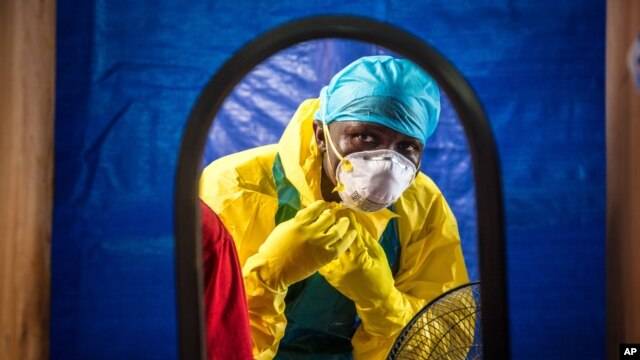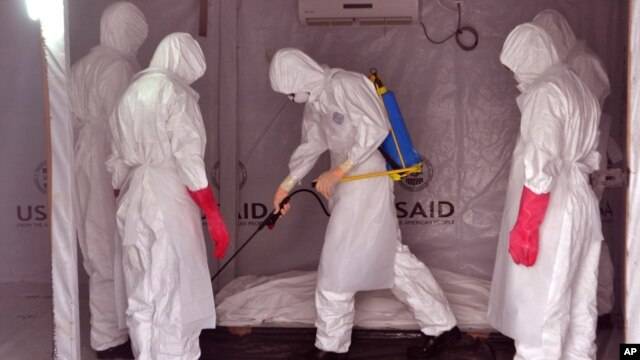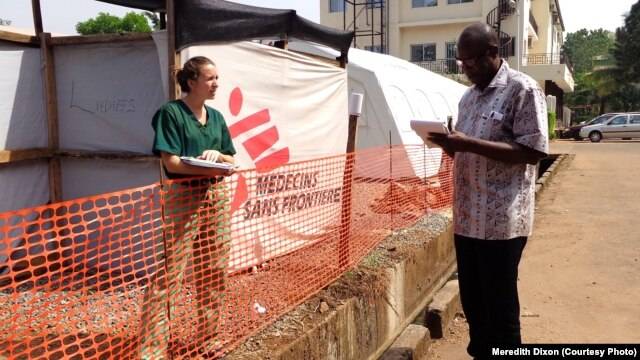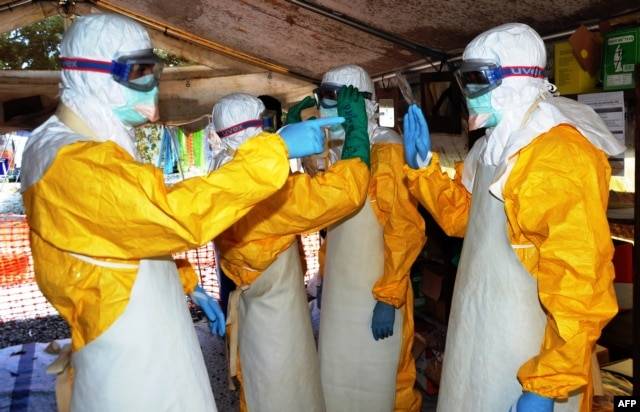SteadyMercury
Gold Member
- Jan 1, 2013
- 4,731
- 1,202
- 190
http://www.nytimes.com/2014/11/11/h...oned-detective-work-thwart-ebola-in-mali.html
Mail joins Nigeria, Senegal, United States, and Spain in proving the spread of Ebola can be stopped after arriving in country.
I assume Vigilante and Silhouette are still claiming whatever bullshit about end of days after antelope spread it to the workers at our nuclear power plants.
The case also illustrates how even people in close contact with victims do not necessarily get the disease, which spreads when infectious fluids get into an open cut, or a nose, eye or mouth.
Remarkably, no one who touched Fanta in Mali is yet sick. Not her grandmother, her 5-year-old sister or her uncle, who all spent three days traveling with her from Beyla, Guinea. Not Dr. Abdouramane Koungoulba, the pediatrician who first examined her on Oct. 21, nor two traditional healers who saw her earlier, nor any of a dozen other doctors or nurses who gave her a transfusion and intravenous hydration and cleaned up her vomit and diarrhea in the 48 hours before she died.
Mail joins Nigeria, Senegal, United States, and Spain in proving the spread of Ebola can be stopped after arriving in country.
I assume Vigilante and Silhouette are still claiming whatever bullshit about end of days after antelope spread it to the workers at our nuclear power plants.








